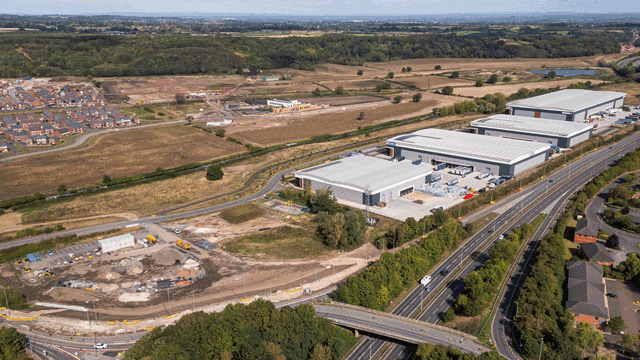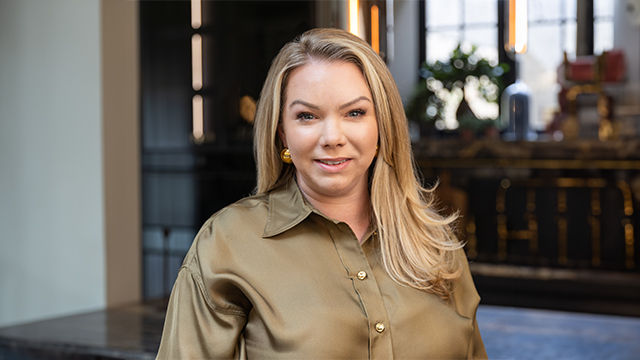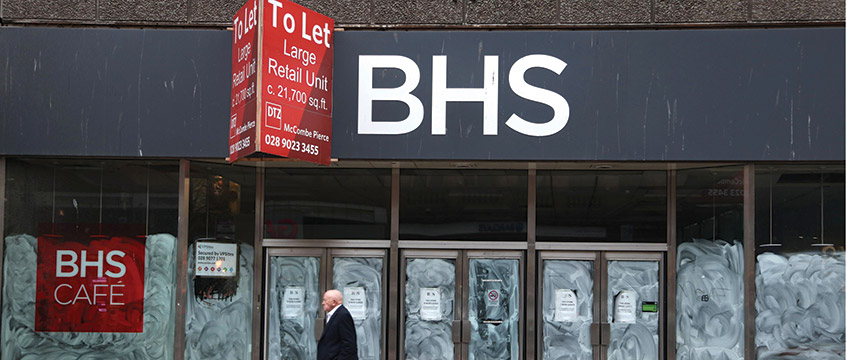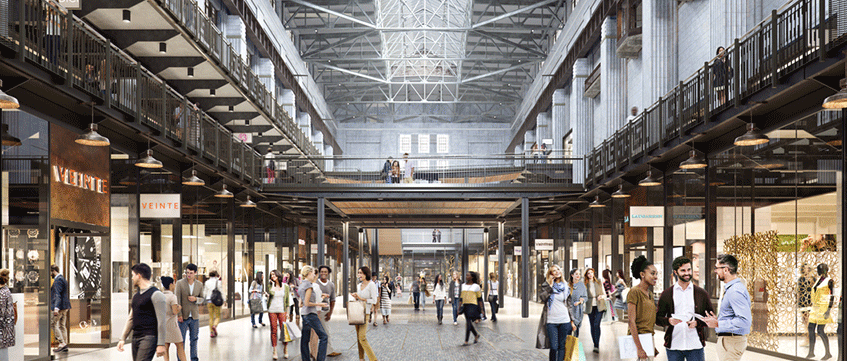A civil trial brought by the liquidators of retail chain BHS against its former directors has finished hearing evidence.
The 88-year-old high-street icon fell into insolvency with huge debts, large job losses and a pension deficit in 2016, just a year after being bought by a consortium led by businessman Dominic Chappell. Seven years later, many of the stores remain unoccupied.
At the time, the scale of the collapse was major news, not least because Chappell bought the company in 2015 from entrepreneur Sir Philip Green for just £1.
Now, seven years on, BHS’s liquidators are suing Chappell and two other 2015/16 directors of the BHS group of companies, Lennart Henningson and Dominic Chandler, for more than £130m.
Henningson and Chandler’s trial is taking place at the moment. Chappell’s has been postponed for six months while he receives treatment for cancer. Earlier this month, he was released on licence from prison after serving three years of a six-year sentence for tax evasion connected to his time at BHS.
At the heart of the case is the liquidators’ assertion that BHS’s new management “knew or ought to have known” that the company had “no reasonable prospect” of avoiding administration or liquidation long before the company collapsed.
BHS’s former directors deny this, claiming the business could have been turned around after Green sold it. They said they sought insolvency advice early in 2016 after a disappointing Christmas performance.
For much of this week the court has been hearing evidence from expert witnesses. Yesterday, an accountancy expert witness, Mike Pilgrim, testified on behalf of Chandler and Henningson. Under cross-examination from Henningson’s lawyer, Lexa Hilliard KC, he gave evidence about the directors’ rescue plans for the business, which included a rent reduction of more than £7m.
“Were they reasonable expectations?” Hilliard said.
“A the time, yes,” said Pilgrim.
The trial judge will hear closing arguments early net week before writing up his judgment, which will be handed down later.











